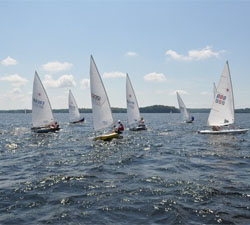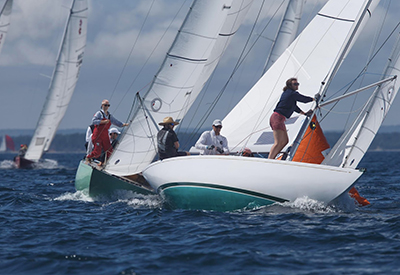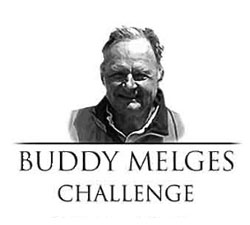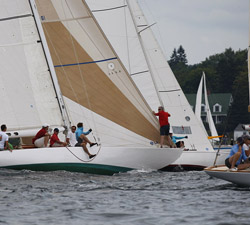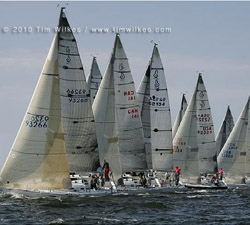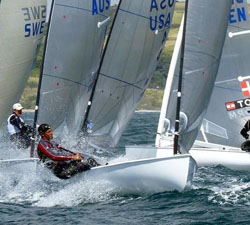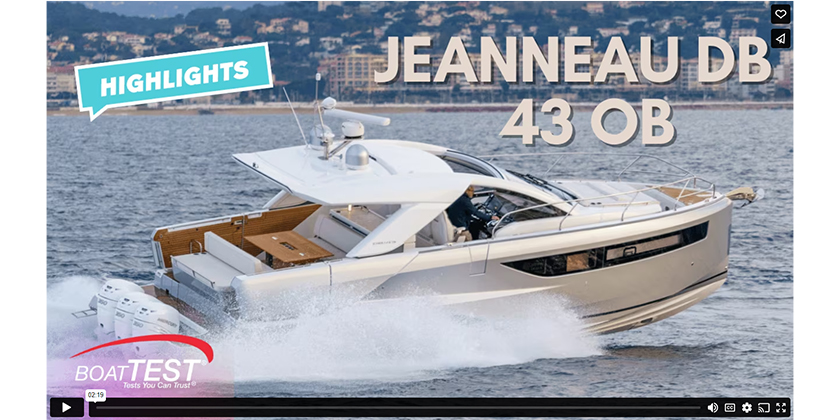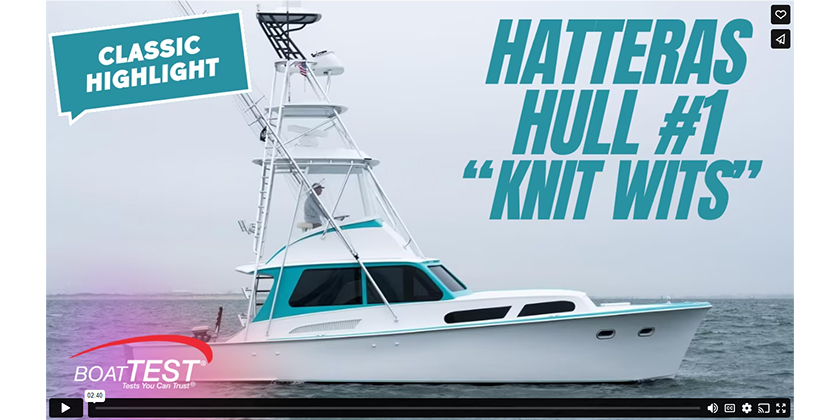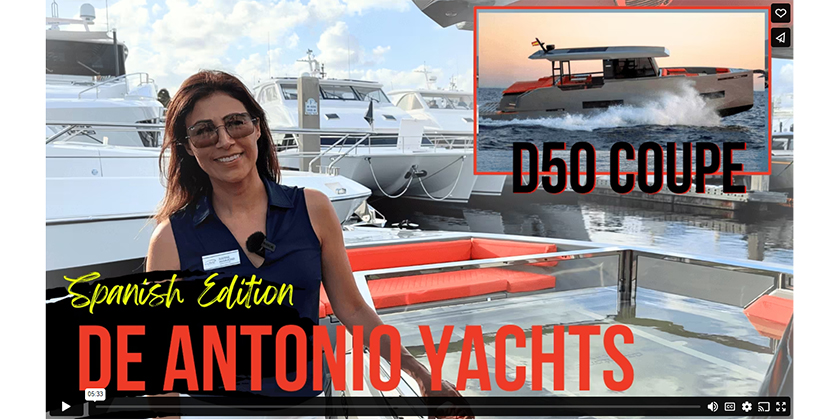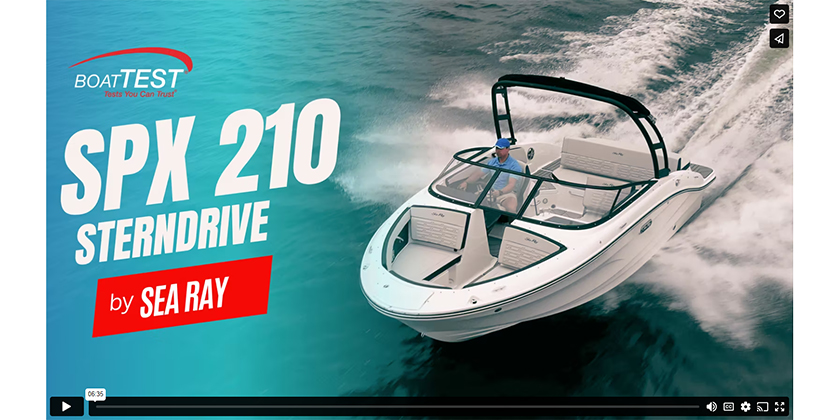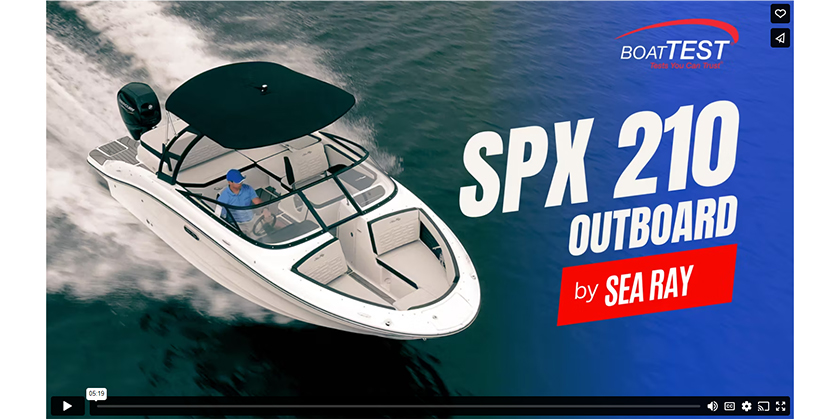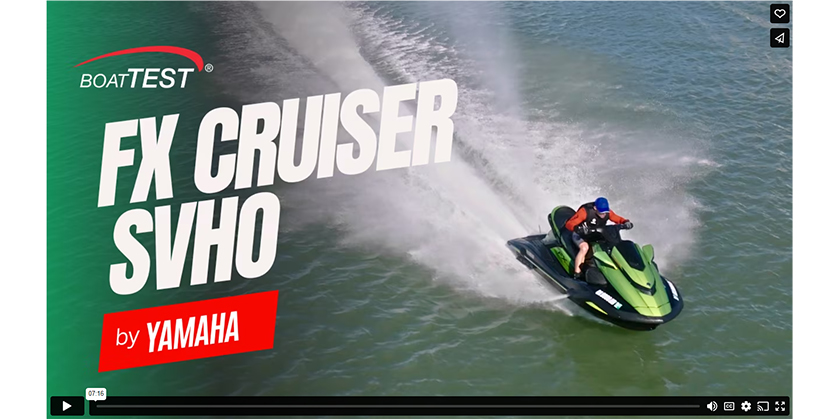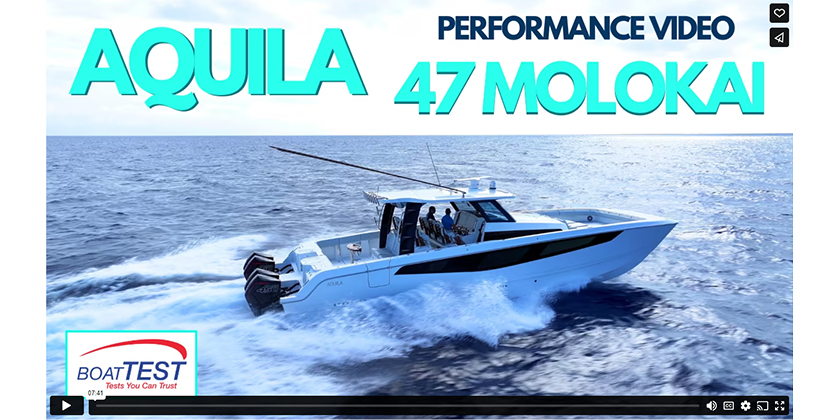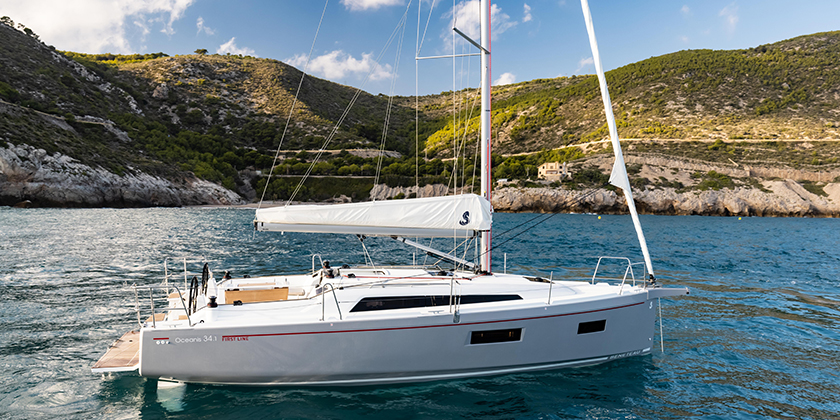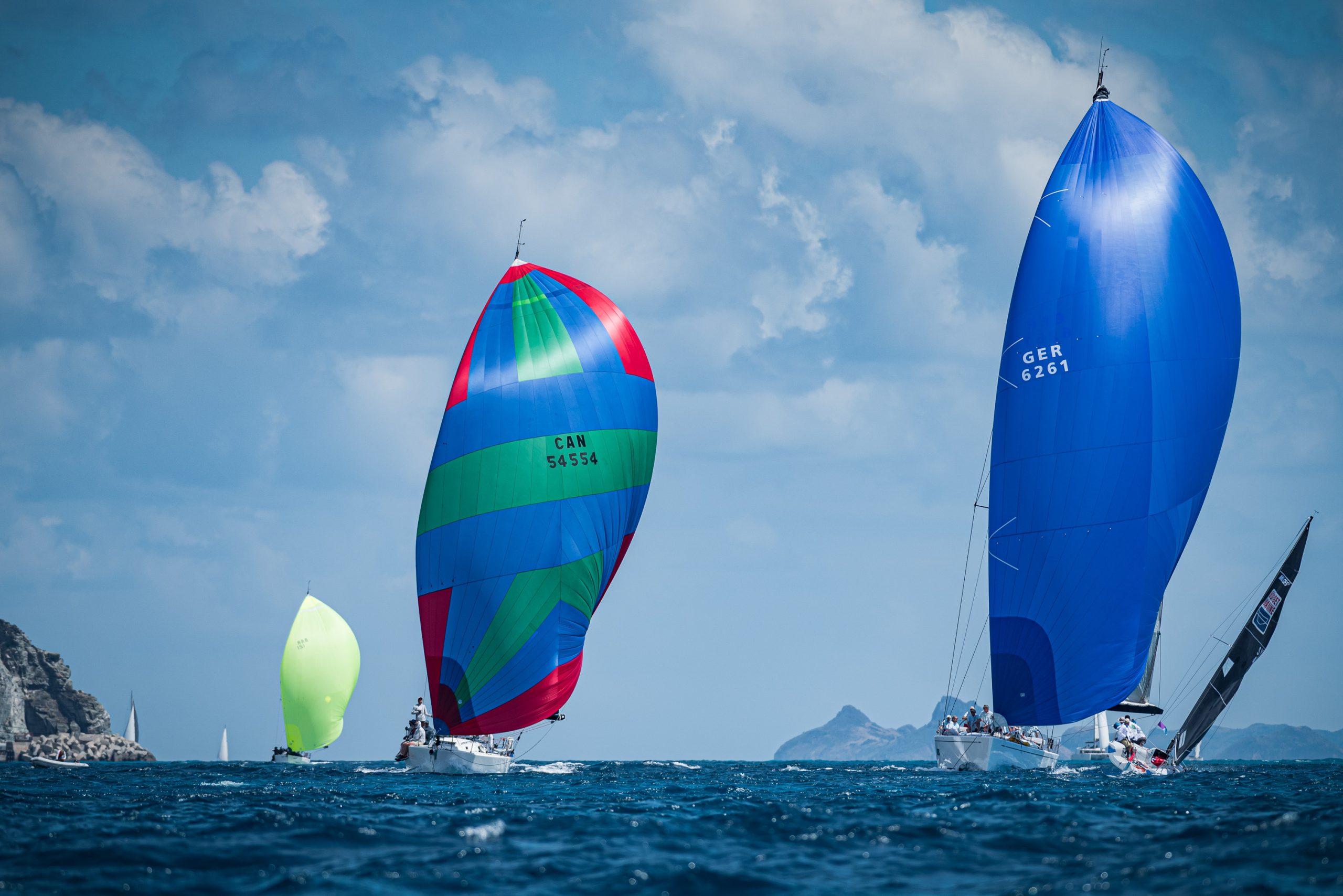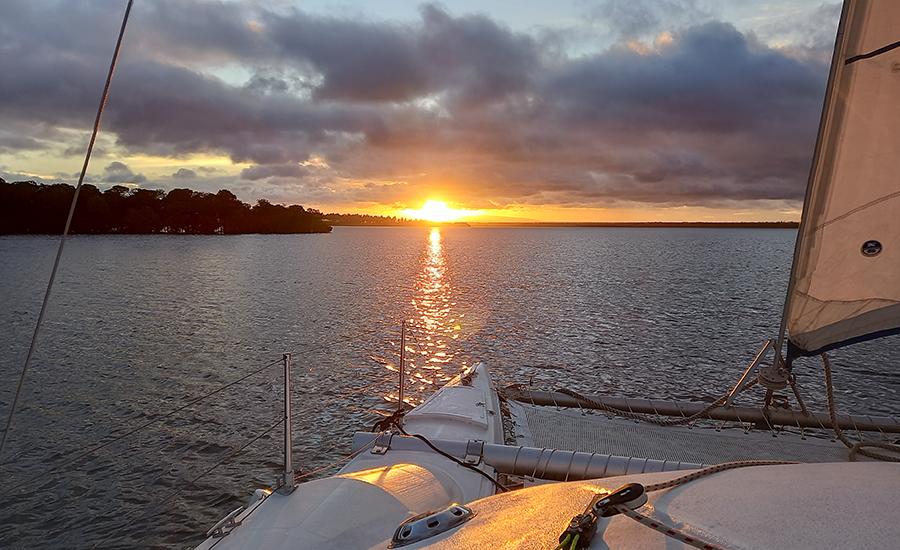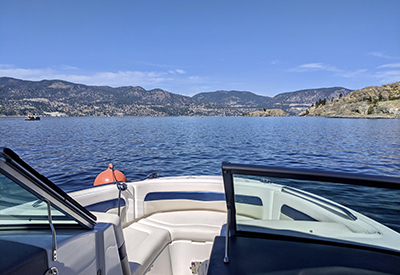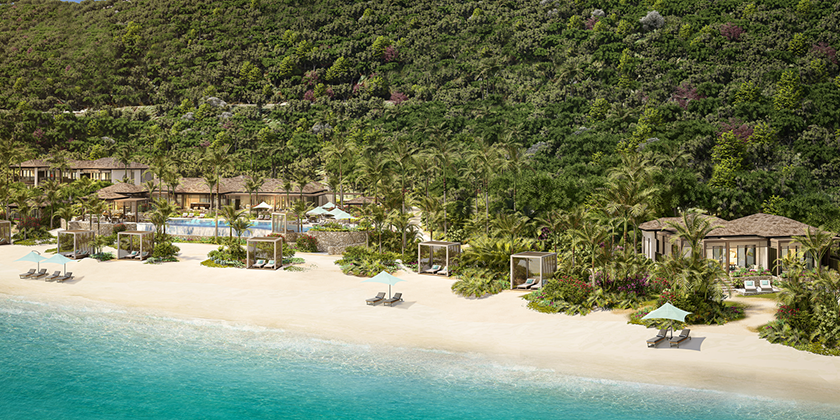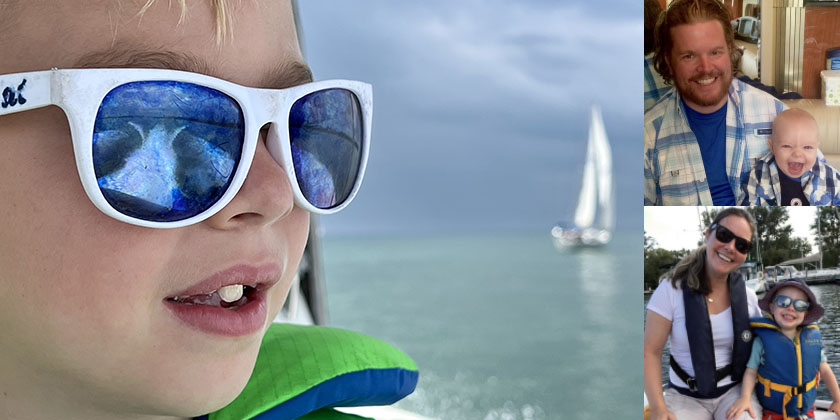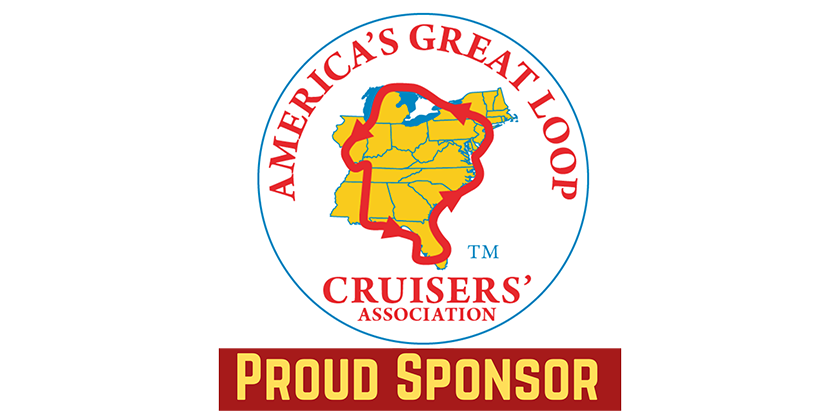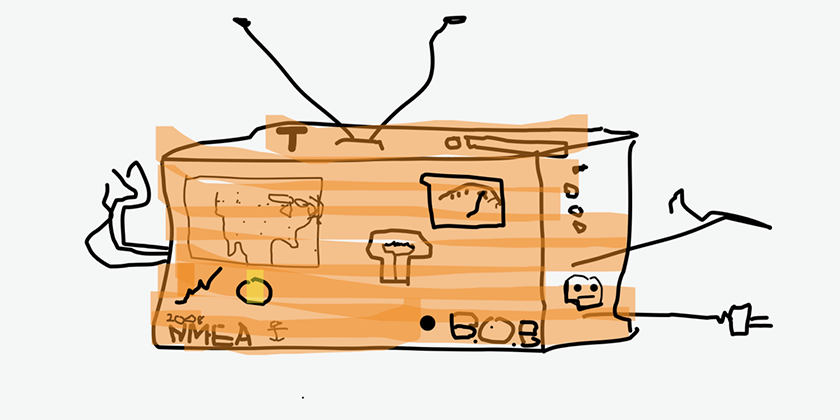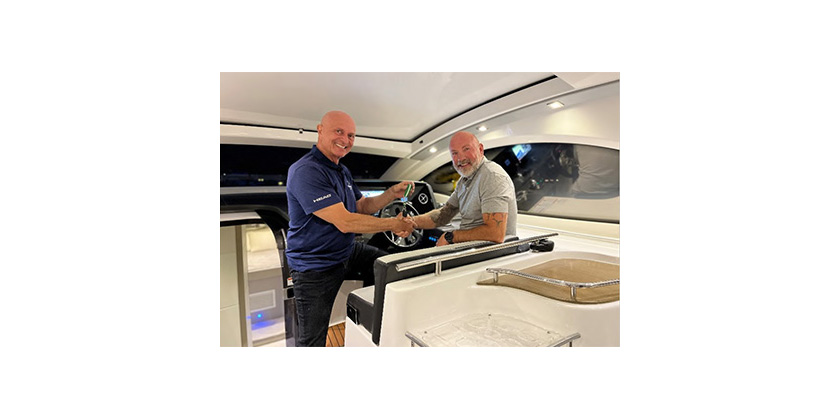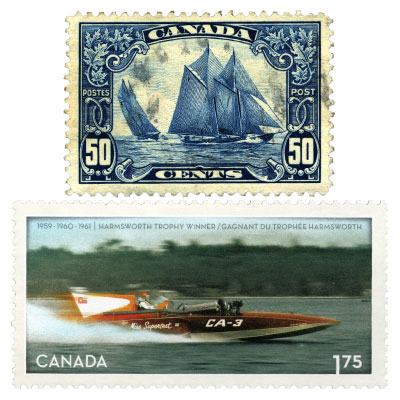Sailing as a TV Sport – The Downside of Ainslie’s Rule 69
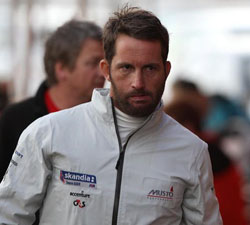
The demand from the IOC is that Olympic sports improve their ratings. ISAF has responded with medal races and here at Perth 2011 ISAF Sailing World Championships, with a stadium course.
But television steps onto the field of play…
Yesterday, in the name of more exciting television, the ISAF contracted Sunset & Vine TV boat twice powered down the run, following the Finn class race leader Pieter Jan Postma and putting significant wash on Ben Ainslie.
Ainslie was seen to be shouting at the driver both times and even shook his fist the second time.
Then post race, Britain’s sailing superstar lost it completely. He stepped aboard the video boat and there was, at the very least, vigorous discussion.
Here are the facts found:
DECISION OF THE INTERNATIONAL JURY
CASE 48
Rule 69.1 Hearing based on report from Organizing Authority
Ben Ainslie (Finn GBR 3)
Facts Found
As the first two boats in Finn Race 9 rounded the gate for the second beat and headed towards the shore, a media boat followed close to leeward of the leader. This caused wash for GBR 3, who attempted to wave the media boat off.
When the leaders passed through the gate and headed towards the finishing line, the same media boat followed the leader to the finishing line leaving a large wake, which again affected GBR 3's race.
The media boat crossed the finishing line and then stopped in front of GBR 3 after GBR 3 finished. As GBR 3 came alongside, the skipper jumped aboard the media boat.
The skipper grabbed and shook the boat driver, shouting 'You have no respect!' He then walked towards another member of the media boat's crew, but made no contact with him. He then jumped into the water, swam to his boat and sailed away.
On coming ashore, the skipper of GBR 3 wrote a letter of apology and delivered it to the media boat driver. The media boat driver accepted that apology and apologised in a letter for disturbance during the race.
Conclusion
The action of jumping on a media boat with anger and grabbing the driver constitutes physical aggression. Such behaviour is never an acceptable response. Such behaviour not only constitutes a gross breach of good manners but also, coming from a top athlete at a world championship, brings the sport of sailing into disrepute.
However, the repeated nature of the media boats interference over multiple legs is a mitigating circumstance, as is the prompt and unsolicited written apology given to the boat driver.
Decision
GBR 3 is to be scored DGM (disqualification non-excludable for gross misconduct) for Races 9 and 10.
Decision given at 22:40 December 9, 2011
International Jury:
Bernard Bonneau (Chairman), Jim Capron, Josje Hofland, Ana Sanchez, Marianne Middelthon
As a result of this decision Ainslie missed out on the 2011 Finn Class World Champion medal round.
Skip Lissiman, the Perth 2011 Competition Manager said this morning ‘The matter has been decided by the International Jury and there will be no further action.
‘There have been discussions between the TV company and the race management since the incident.’
Asked who would have directed the driver to position the boat where it was, would it have been the cameraman?
Lissiman said ‘I imagine so, but let’s say the driver has been re-directed.’
Tim Sewell, the ISAF Media Manager said 'a mistake was made.'
Going forward as ISAF is very keen to have television camera's amongst the action, it seems events, including the Olympic Games are going to have to insist that that host broadcaster's media boats are going to have to be of a design that throws much less wake than the ribs being used at this event.
Watching the Sunset & Vine media boats on the water today it did seem that the sailors were being given the respect that was clearly lacking yesterday.
As this is an International Jury, they are bound to report an adverse finding to the International Sailing Federation who under RRS69.2(c) may, in other words they are no obliged, to investigate and may also conduct a second Hearing, (which would allow them ISAF to hear and completely traverse all the available evidence). It can then decided what additional penalty, if any, should be imposed.
Ainslie's National Authority, the Royal Yachting Association also is informed, but would usually take their lead from the ISAF. The RYA have published a list of guidelines governing actions under RRS69 which can be read by clicking here however these are only for UK national use.
On the scale provided in Appendix B of the guidelines Ainslie's actions fit into a category 3-5 offence on a five point scale. From the penalty imposed it seems as though the Int Jury saw the incident as attracting a rating of three.
It is unusual when a case is upheld against a competitor for an additional penalty not be imposed, the usual minimum is about 12 months, with two years being the top end. That would clearly take Ainslie out of contentions for the 2012 Olympics, for which he has already been selected by the Royal Yachting Association.
The ISAF will be in some degree of anguish as to whether to further penalise the Golden Boy of British yachting and deprive him of the opportunity to win a fourth Gold Medal, and probably a further UK order of chivalry, against the signal sent to the rest of the sport over competitors being physically aggressive towards other competitors, media and officials.
One source who did not want to be named yesterday suggested a penalty of three months banning from competition could be imposed which could send a signal to sailors but not impinge on Ainslie's Olympic campaign.

